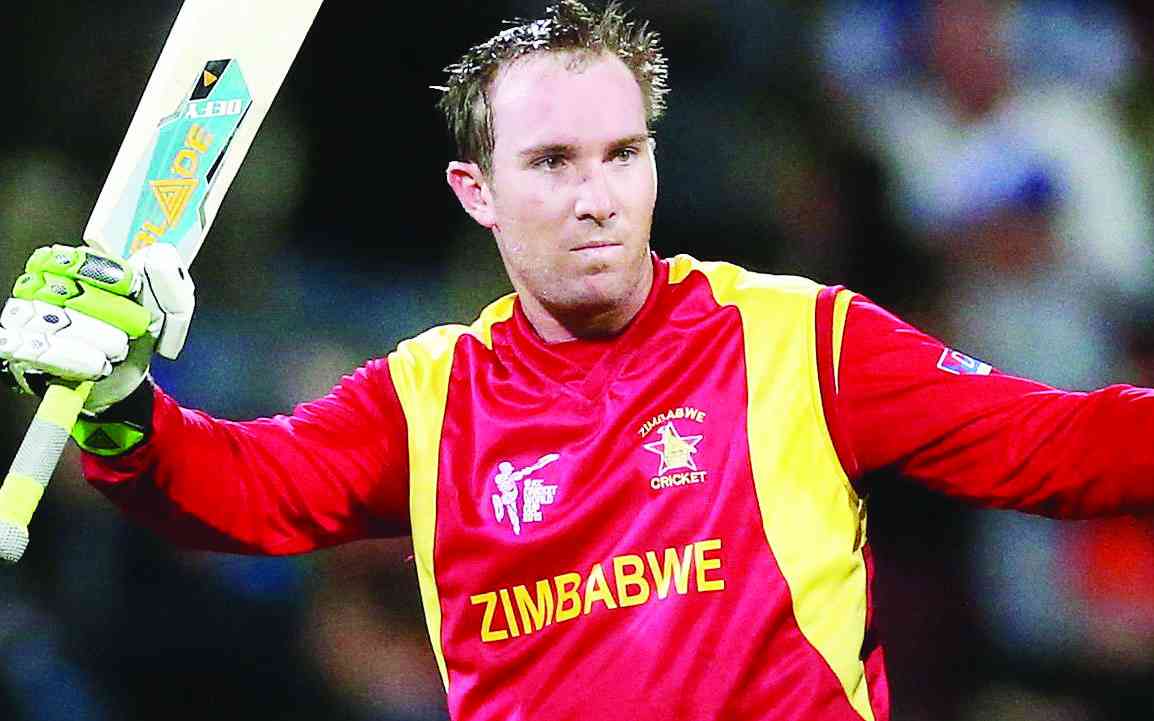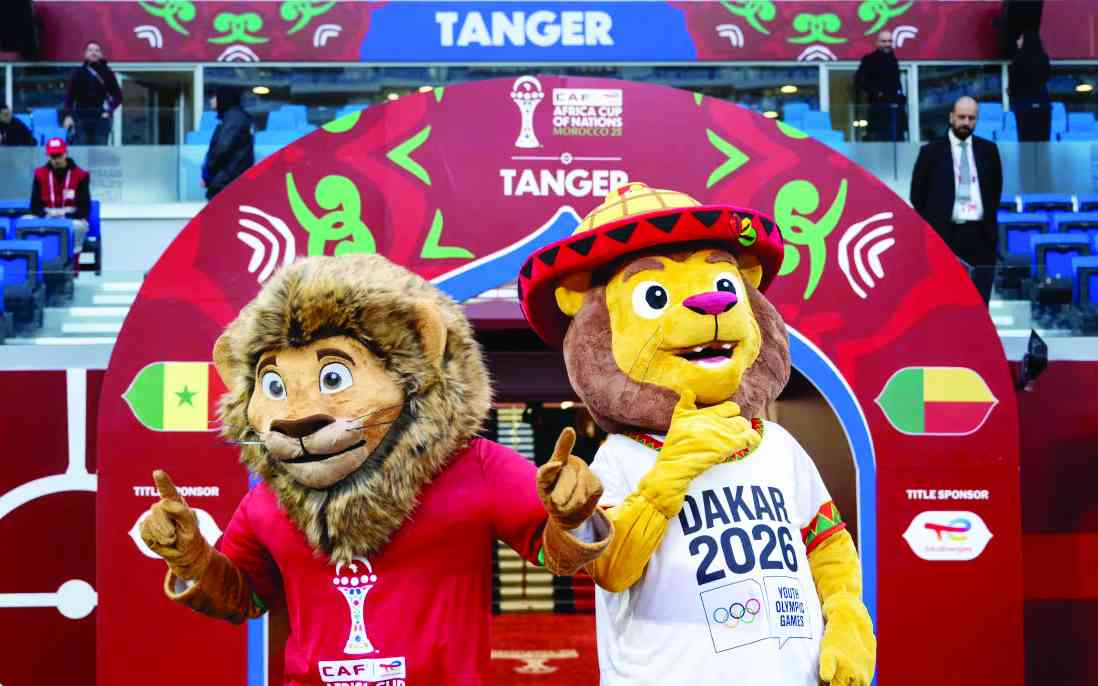
Who would want to be a sports coach at a school? The answer might well be that a lot of people do.
It is a dream job, working with young people, helping them develop, seeing their joy, delighting in their excitement, progressing their ability! Yes, and listening to all the complaints and abuse from parents!
It might be seen in a similar light to the question of who would want to be a soccer manager. They face huge pressure from all angles and yet it seems one thing is certain for them all – they will be sacked! Some will be sacked soon; some will be sacked often.
Take a man like Neil Warnock, who having played for eight different clubs went on to be a manager of sixteen different clubs, with four of them being manager twice.
Roy Hodgson is another man who managed sixteen different clubs, though three of them were international teams while Sam Allardyce has managed the most teams in the English Premier League, having taken charge of nine different clubs there for different lengths of time.
Then there are managers who have managed not just many different clubs but have managed the same club several times.
Martin Allen managed Barnet five times, each spell being of different lengths; however, he was not sacked but took on other clubs who offered better terms and opportunities.
In Spain, Radomir Antic washired and fired three times in two years (1998-2000) by the same club, Atlético Madrid.
- HOW COME?
Keep Reading
Then we have Emerich Jenei was the coach of Steaua Bucharest in Romania six times–on three occasions he left to take up new positions, rather than being dismissed, but he was also sacked three times.
All of these facts do raise a number of questions. How come clubs employ people who have been sacked by other clubs – often not just once but many times?
How come clubs employ managers they have sacked before? How come clubs re-employ managers who have left them for what were perceived as better options?
How come a manager can be successful at one club but not at another?
Similarly, how come a manager can be successful one season but not the next with the same club and players? How come players do really well at one club but do not do well at their next club?
How come teams that are clear favourites lose to weaker teams? (This year has been defined as the “Year of the Underdog” in a number of soccer leagues and cups around the world). How come?
Maybe we might find some of the answer to the “How come” questions in Eddie Howe, who is currently the manager of Newcastle United (who have just won their first domestic trophy in seventy years, to the massive delight of the supporters).
He began managing at the age of 32 at AFC Bournemouth, as the youngest ever manager and within two seasons had won promotion, after which he left them to become the manager of Burnley FC who were in a higher Division.
However, after less than two years, he left them to return to AFC Bournemouth, where he went on to lead them to two further promotions, ultimately to the pinnacle of the English Premier League. After five seasons though they were relegated, at which point he resigned. Up, down, up, down, here, there, here again.
How come Howe came back?
He himself gave some explanation to the facts behind the situations.
He left AFC Bournemouth the first time as he saw a new challenge which was to try to rebuild a team at Burnley as “I was young, and they wanted to build a younger team”. He later reflected that “We did a lot of the work, and we felt we were on the right track, but it never quite took off” and then that “there was something bigger than football that made me follow that path” – the passing of his mother.
There may wellthen be valid, solid reasons for someone to come back, though it does not explain why it did not work at one club when it did at another.
Of course, there may be a myriad of reasons: “injuries” is always a popular excuse!
It may have been unsuitable tactics or formations for those particular players, outdated tactics or treatment,wrong place at wrong time, not given enough time, not agreed vision and values.
The reality is that just because we are a good coach at one club or school, we will not necessarily be good at another.
The real question is rather this: how come coaches do not get that?











